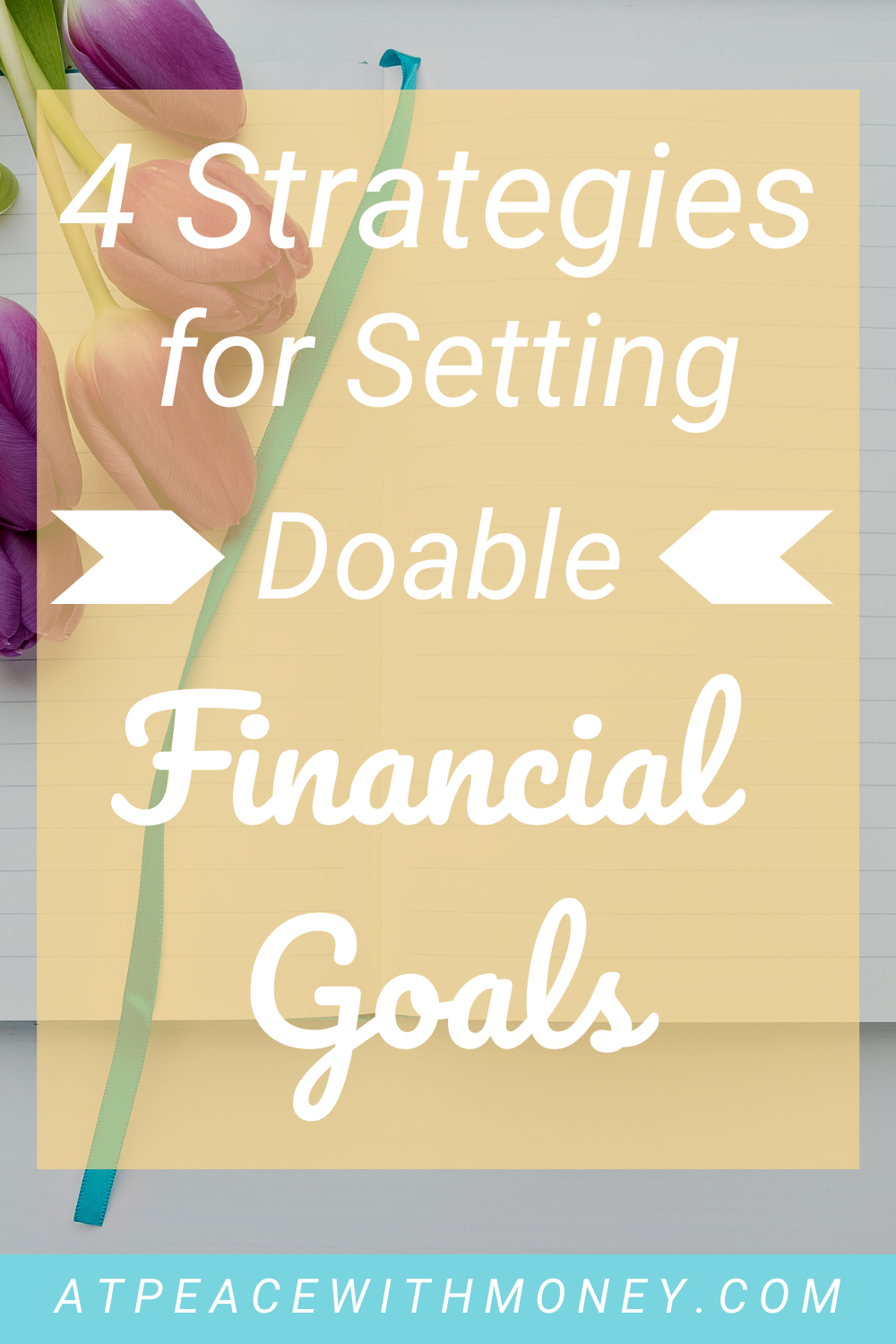4 Simple Tips for Keeping Your Small Business Finances Organized
![]()

In the midst of tax season, a lot of us are looking to do better on our finances. Maybe you got a big tax bill and are now wondering where your earnings went. Perhaps you were a little less organized than you would have liked. Or maybe this time just makes you extra aware of where your business is financially.
Whatever the case, mid-points like this are great times to give your finances a makeover! Here are my 4 simple tips for keeping your small business finances organized and intentional.
Review Your Goals
After a big financial event like tax season, the financial goals you set earlier in the year deserve a revisit. Check in with them and ask yourself if they still fit. If not, give your goals a nice update! Make sure what you’re aiming towards is relevant to you. You can check out my article on doing a mid-year review of your finances right here.
If you don’t have any financial goals, now is the time to set them. Harness whatever financial fervor tax season (or whatever other financial situation brought you to this post) has instilled in you.
What are your ideal financial conditions? Dream them up, write them down, and come up with a plan. If you need some pointers, here’s my article “4 Strategies for Setting Doable Financial Goals.”
Set Up a Weekly Money Check-In
So much of creating the life you want is about habits. One of the best habits to adopt, in my opinion, is regular “money time”. Find time each week to check in with your finances. Start with a short chunk, to make it feel more manageable. Fifteen to thirty minutes should suffice.
Use this time to check in with your expenses, upcoming bills, IOU’s, and more as needed. Here are my suggestions on what to look for during your weekly money check-in.

Make a Plan to Stay on Top of Your Books
Especially if organization was an issue this tax round and you run a business, making a plan to stay organized until next tax time is a great thing to do right now. Ask yourself what you need to be able to do this.
Do you need to work with a bookkeeper? Do you need to get some training on how to do your bookkeeping yourself? Identify your needs and take some steps to set yourself on the right path.
Find a Money Buddy
It’s my personal belief that anything can go better when you have an accountability buddy. Find someone in your circle who has a financial goal they’re working on too, and join forces! This might be a fellow business owner, or someone from your church, or another mom from a play group.
Once you’ve found your money buddy, establish the terms of your accountability partnership. How often do you want to meet? How do you want to do check ins? Do you want to learn about finances together, or just trade tips on goals?
These 4 tips will help set you on the right path. If you’re a small business owner looking for more ideas, you might like my free eBook, the Cash Flow Reboot Guide: A Guide to Thriving in Uncertain Times. Click below and get your free copy.


































 For example, you take time to really analyze your values and your dreams. You decide that what you want is more fun in your life, specifically through taking an aerial silks class (or whatever intentional choice you might make to increase your value of fun). You would then assign a number to that dream by calculating how much a class and any necessary supplies would cost, plus any other associated expenses you might want to be aware of. That gives you a dollar value that can help inform your financial goals.
For example, you take time to really analyze your values and your dreams. You decide that what you want is more fun in your life, specifically through taking an aerial silks class (or whatever intentional choice you might make to increase your value of fun). You would then assign a number to that dream by calculating how much a class and any necessary supplies would cost, plus any other associated expenses you might want to be aware of. That gives you a dollar value that can help inform your financial goals.


